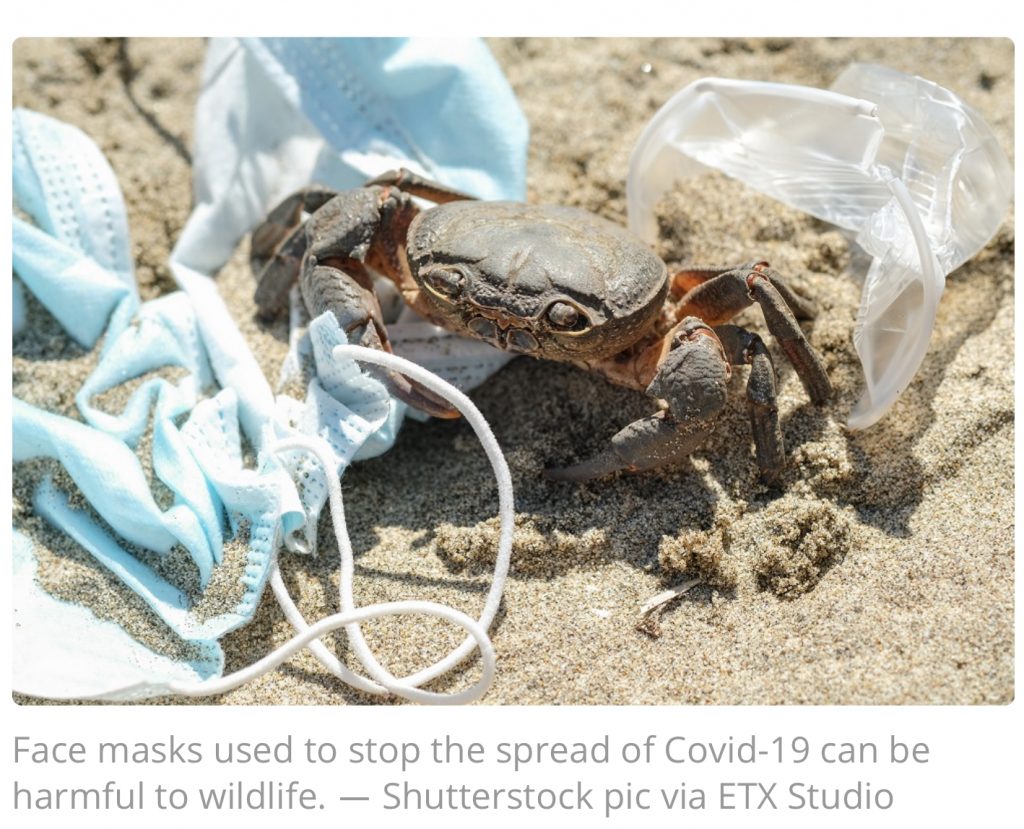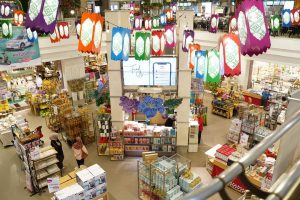
Face masks and latex gloves ― two kinds of waste directly linked to the Covid-19 pandemic ― are particularly harmful to animals the world over. In light of the problem, which can affect all kinds of animals, scientists are sounding the alarm, and are calling on the public to deal with their “corona waste” more responsibly or to switch to reusable masks.
While animals don’t currently seem too greatly affected by SARS-CoV-2 ― with recorded cases remaining very low ― they are the collateral victims of this global pandemic. This is due to waste such as face masks and latex gloves, which are proving harmful for animals the world over. Two scientists have taken stock of the situation, and are calling on people to help stamp out the problem.
Biologists Auke-Florian Hiemstra from Naturalis Biodiversity Center and Liselotte Rambonnet from Leiden University, both based in the Netherlands, studied the impact of a multitude of waste items linked to the covid-19 pandemic on animals, focusing in particular on how often and where interactions between so-called “corona waste” and animals occur. To do so, they collected observations on the subject from around the world, via social media, local newspapers and international news websites, but also via photographers, litter collectors, birdwatchers, wildlife rescue centers and veterinarians.
Published in Animal Biology, their report reveals that wildlife worldwide is suffering as a result of waste generated by the pandemic. They found reports of apes chewing on face masks, birds and marine animals caught in latex gloves, and a face mask discovered in a penguin’s stomach.
“Animals become weakened due to becoming entangled or starve due to the plastic in their stomach,” explains Rambonnet. “Vertebrates and invertebrates on land, in freshwater, and in seawater become entangled or trapped in corona waste,” adds Hiemstra.
Another harmful consequence is that certain animals are now using this waste to build their nests. For example, the scientists mention coots in Dutch canals using face masks and gloves as nest material. This is evidently dangerous for the animals, which almost seem to have become familiarised with these now all-too-common waste items.
While the scientists are now calling on people to take extra care with their waste to help preserve animal life, they are also encouraging people to continue sharing their observations on a specially dedicated website: Covidlitter.com, which already features many reports. The aim is to maintain an up-to-date overview of the situation while raising public awareness. ― ETX Studio








